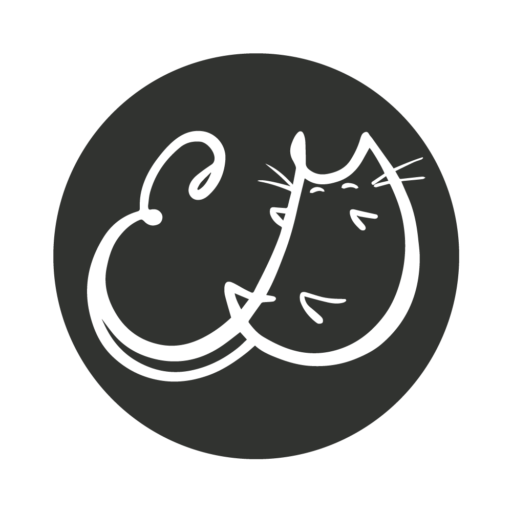 I don’t think I’m the only person who gets books stuck in their head like songs. I’ve had Scott Westerfeld’s YA series stuck in my brain for years, and I think a big part of that is because it is so prescient about modern society and the direction human nature is taking us.
I don’t think I’m the only person who gets books stuck in their head like songs. I’ve had Scott Westerfeld’s YA series stuck in my brain for years, and I think a big part of that is because it is so prescient about modern society and the direction human nature is taking us.
The series is set in a future North America where at a certain age privileged teenagers undergo cosmetic surgery to erase all of their flaws. The books go more into the philosophical and ethical consequences of this, from the personal level to that of government, but I think even at the surface level it’s an interesting question to ask yourself. If you could become “perfect,” would you?
In Uglies, Tally Youngblood, the protagonist, spends her free time thinking about what her future face will look like, comparing the symmetry of either half of her face. When I read the books years ago I thought about it myself, but today as I was scrolling through a makeup group I follow on Facebook, a user had posted a set of photos of herself, one unedited, one retouched, side by side, and I was inspired to try it.
I picked a photo (left) from a day I thought my makeup looked really good.


Surprisingly, the right side of my face when doubled looks more like the original photo. I am right handed, so the features on the right side of my body are all slightly larger. I prefer the photo on the right, which is my left side doubled. You can tell because I have a freckle under the pupil on my left eye. My face is narrower and my forehead is smoother, but despite this I wouldn’t ever voluntarily have a symmetry surgery done, like in the books.
I made my face symmetrical using a free app called Square Instapic. It’s available on both Android and IOS  platforms. I mostly use it for fitting an entire rectangular photo in a square for Instagram, but it makes nice collages too.
platforms. I mostly use it for fitting an entire rectangular photo in a square for Instagram, but it makes nice collages too.
With so much emphasis on cosmetically and surgically changing the way we look these days, it’s no wonder Uglies popped into my head. I’ve seen so much lip lining and contouring and general makeup brujeria recently. Not to mention actual surgery, and photo retouching; the premise of Westerfeld’s book isn’t far off.
I don’t see anything wrong with changing the way you look to feel like your most authentic self, but I think the underlying warning of both the book and my own opinion is that the single-minded focus on image can make humans blind to other, very important things.
 However, in a society that is becoming much more like the last book in the series, Extras, image is everything, including livelihood, for a growing number of people. In Extras, Aya lives in the same world as Tally, but in a different culture, where everything is filmed and broadcast, and social status and resources are allotted by popularity. Sound familiar?
However, in a society that is becoming much more like the last book in the series, Extras, image is everything, including livelihood, for a growing number of people. In Extras, Aya lives in the same world as Tally, but in a different culture, where everything is filmed and broadcast, and social status and resources are allotted by popularity. Sound familiar?
Thousands of people have gained notoriety, sponsor-ships, and sometimes even fame and fortune from popular photos on social media, or viral videos. Some people come to it by chance, and some work very hard and almost single-minded-ly toward these goals. There are tons of marketing and traffic growth experts who have spent years developing know-how and web techniques to create viral content. Marketing is a cornerstone in the American economy and I can imagine it will only grow bigger and more essential as society and technology grow together. It’s exciting and a bit scary to think about, no?
And, just in case you’re wondering, yes, Scott Westerfeld does have an Instagram.




















